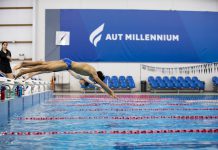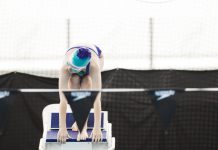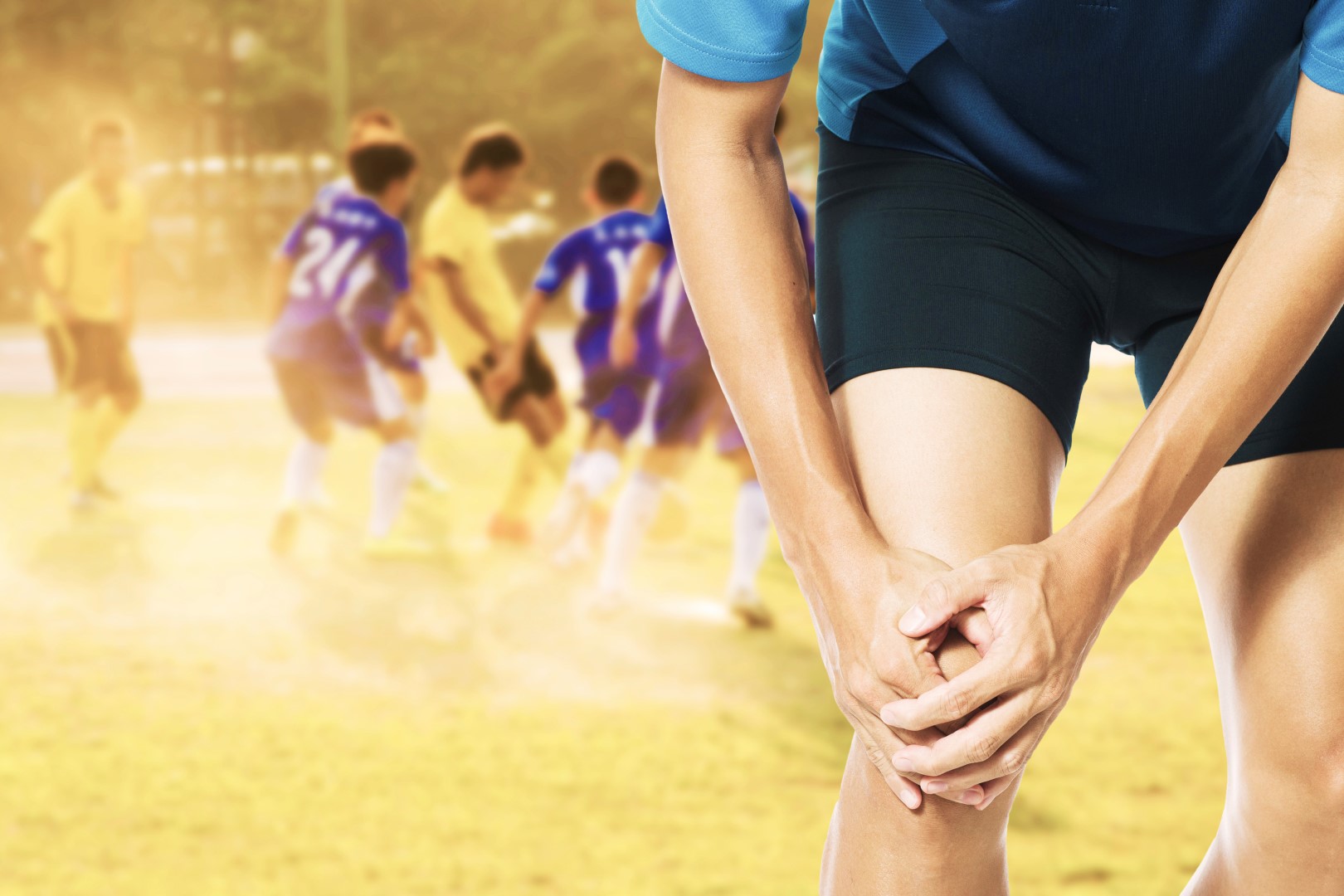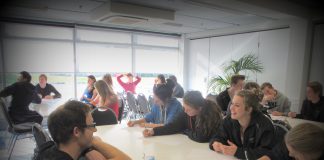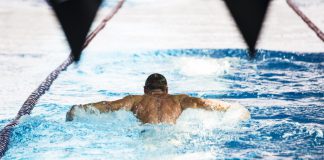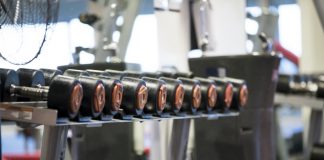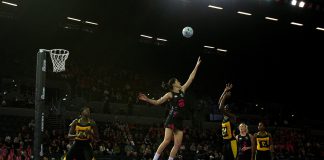Injuries happen; unfortunately they are part of being active whether you are a weekend warrior, budding Olympian or professional athlete. As a sports physiotherapist one of the common questions I get asked is why the same injury sustained by an elite athlete seems to recover quicker. Professional athletes are highly tuned and are efficient at not just their sport, but also recovery. However there are a few ingredients that can be replicated by any person at any level that can help optimize the recovery process.
Typically an elite athlete is managed almost immediately after the injury has occurred. Managing the injury in the early acute phase is best done with the following:
- RICED – Rest*, ICE, Compression, Elevation, Diagnosis. Most of these are self explanatory but clarifying the diagnosis is important to know exactly what to do and how to carry on managing the injury.
- No anti-inflammatories!! The initial inflammatory phase of an injury is important to help kick-start the healing process. Preventing this from working in the first 24-48 hours can inhibit healing. Simple pain relief (Panadol) can work effectively without inhibiting healing.
- Cross-training. It is very rare nowadays that complete rest is advised (hence the asterix in point 1!). Movement promotes circulation important for healing and helps prevent muscle wasting. There is usually always something that can be done from stationary biking, swimming, aqua-jogging or simple home exercises. A physio will ensure that you get started with an active recovery that will improve your long term outcome.
Finally, if you are unsure about the injury and are worried that it might be something serious, always consult a health professional straight away. Many people still do not realise that physiotherapists in New Zealand are primary health care providers. This means you don’t need to go to your local GP or an Emergency clinic to lodge an ACC claim or be referred for x-rays/ultrasound. In doing so you can save the extra cost, avoid unnecessary x-rays and get on with your recovery straight away.













